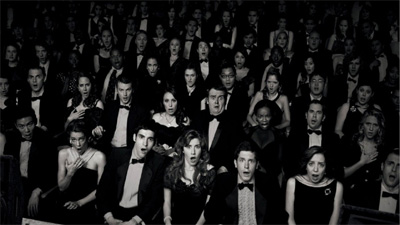
What makes a good performance?
I recently gave a presentation to the NHS on the subject of Performance Anxiety, as part of a wider day on Social Phobia.
We discussed the physical responses to stress (irregular breathing, constriction etc) and simple solutions to deal with those triggers.
But the part that caused the most debate was when I asked them to discuss what makes a good performance.
I gave them two scenarios:
1. A technically secure performance which gets a lukewarm audience response.
2. A technically insecure performance which gets a highly enthusiastic audience response.
(Normally there’d be a correlation between technical facility and audience reaction, but these are extreme examples, designed to clarify a point, so indulge me…!)
The question is: which is the best performance?
Most people on the course plumped for 2.
The correct answer is 1.
The reason is that you can influence audience response, but you can’t control it.
control the controllables
Taking a concept from Sports Science, as a performer you have to control the controllables. And in the case of a singer, those controllables are all the technical issues that you have to manage, the ‘tricky corners’ you need to negotiate in every song.
An audience is a collection of individuals, each of which has their own issues and agenda. Why give them the casting vote?
As a singer, you have to be self-reliant, knowing what you did well and knowing what you can do better, regardless of feedback.
It’s like you have a mental ‘tick list’ that you define before the gig and go through as part of your post-performance review.
And if you tick all your boxes and the audience don’t like it? Stuff em!
